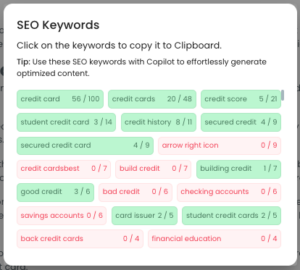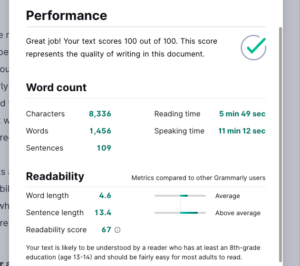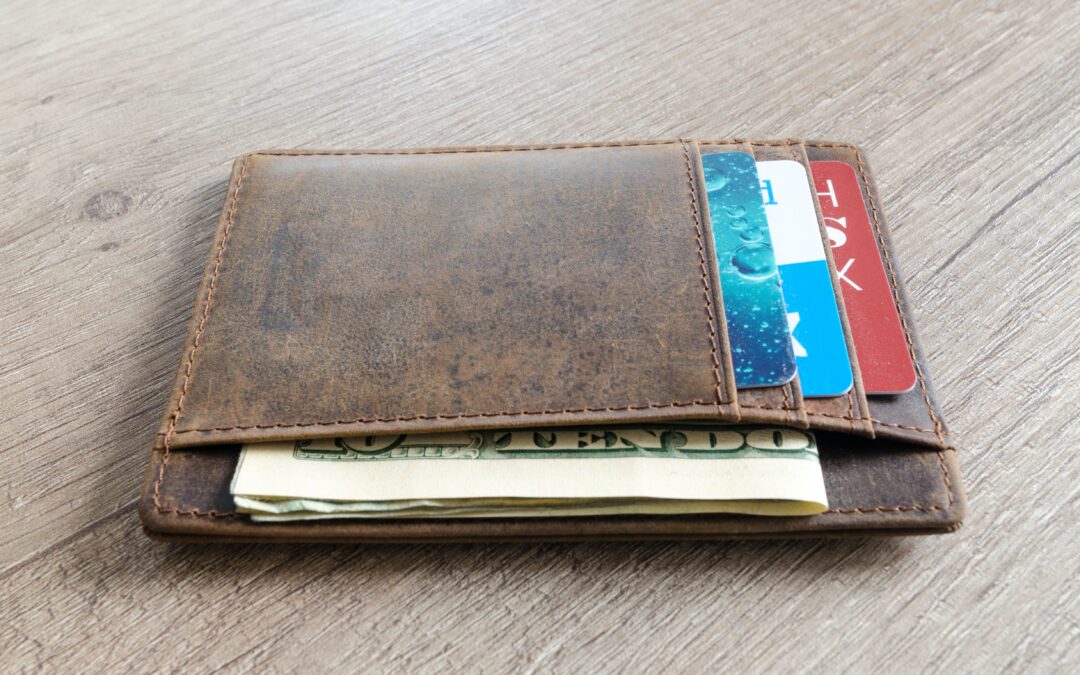Performance Scores: Semantic SEO, Grammarly – Original Content Article



You may receive offers in the mail shortly after your eighteenth birthday from banks to apply for the best credit card. Are you allowed to have your own credit card so young? You must know the right age to get a credit card. You can get one as early as eighteen, but should you?
Laws in the US have changed to protect young adults from predatory lending. The Credit Card Act was created in 2009, setting age requirements for obtaining credit.
The US requires young adults aged eighteen to twenty-one to prove independent income as an ability to pay back credit debt and build their credit history. Let’s explore why you must be eighteen and the ways to use a credit card credit before turning eighteen.
Applying vs. Qualifying for a Credit Card
You can apply for credit cards once you are eighteen, and although you can find many credit cards, you may be shocked that credit bureaus could turn down your application.
A credit card issuer wants to make money with their credit products but also wants to ensure they are not taking a risk by extending credit to you when setting credit card age requirements.
You must be eighteen to enter legal contracts with another person or institution. This is why you cannot get a credit card before turning eighteen. The credit card act adds protections for young adults. These may still make it difficult to get a credit card.
Most young adults do not have the credit history or income to qualify for a credit card, and if a banking institution does decide to give you one anyway, you will be subject to higher interest rates. These high-interest credit cards are bad if you have not been coached on managing credit.
Ensure you qualify for a credit card before applying. If you have sufficient income, are a cosigner in some instances, or already have some positive credit history, you may qualify for a credit card.
When applying for a credit card, research the cards you are interested in. Use tools to review your credit and your credit score. You can also work with a banker at the institution you are applying for to do a pre-qualification.
Applying for credit can hurt your credit score. Banks see multiple recent applications for credit as a red flag, which could hinder your chances of approval.
Therefore, it is good to understand the difference between applying and pre-qualifying for credit accounts. Always seek pre-qualification before applying to prevent an inquiry from being added to your credit profile.
How Credit Cards Impact Credit Scores
Your credit profile is compromised of all your credit accounts, and it reports how you manage those accounts. Your credit profile should have a good credit mix, a mixture of different credit account types. The main three credit accounts that make up a credit mix are
- Revolving Credit (Credit cards)
- Installment (Car loans)
- Mortgage
Credit Mix
Credit mix is only a part of your credit profile. How you pay, overall credit use, and the debt ratio are calculated in your credit health to give you a credit score. Credit cards are revolving credit.
You should also consider getting a small installment loan to help your credit mix when approaching a credit card company.
Debit to Income Ratio
Managing credit is a balancing act. You should have three times the income compared to the monthly debt you pay. For example, if you have a $1,000 credit limit, you should only charge $300 of the available limit to improve your credit score over time.
Your monthly income should be $3,000 for a $1,000 credit limit. It is good to keep your revolving credit below 30%; therefore, 30% of $3,000 a month gives you a $300 debt allowance.
This is why obtaining credit cards at eighteen can be problematic. If you do not have the income to ensure you do not need to use over 30% of available credit card credit, you risk ruining your credit profile.
Getting Credit Cards Under the Age of Eighteen
Although you have to be eighteen to enter into your credit card agreement, there are ways to get a credit card before turning eighteen. Guardians should consider how this can impact kids. Kids can cause issues with their credit and yours if you do not consider the appropriate age to get a credit card in their name.
Authorized Users
Authorized users are added to an account and given the authority to use it. Most commonly, parents use their credit card accounts to provide their underage kids access to credit.
Authorized users may be liable for the credit card debt they use. So this is not an opportunity to be irresponsible with spending.
Prepaid debit cards
Similar to a secured card, a prepaid card requires pre-funding. Prepaid debit cards are not credit cards. They do not report to your credit report. However, they are an excellent tool for building spending habits and budgeting available funds.
Prepaid cards can be obtained at any age, but they do nothing for your credit report. If you seek to establish a good credit history, work with a consignor or someone who can add you as an authorized user to an existing credit card account.
The Best Credit Cards for Young Adults
Although there are restrictions that make it more challenging to get credit cards as a young adult, banks still offer programs to help those like you get started building credit. You can use these options:
- Student Credit Card
- Secured Credit Card
Student Credit Cards
Student credit cards are special cards offered to college students. Credit card issuers offer these cards even if the student has no credit history. Some additional criteria must be met, and some may still require a parent or guardian to cosign for the account.
Secured Credit Cards
A secured credit card is a revolving account funded similarly to a prepaid card. Banks require a deposit in exchange for a line of credit, usually equal to the available credit line. The deposit is collateral in case the card has defaulted.
You still must be 18 years old to get a secured card on your own, but guardians can use secured credit cards to teach underage young adults how to begin managing credit.
Tip for Managing Credit Cards
You should not get a credit card if you do not have the income to pay the debt you accumulate. You should spend no more than 30% of your income on credit. Anything beyond this will put you at risk of defaulting on the credit card. Here are some additional pointers.
- Do not apply for too much credit. If you take on too much credit, you won’t afford to outpace the amount of interest you’ll accrue over some time. Too many credit accounts in a short period will damage your credit report.
- The small print matters. Every credit card offer comes with a cardholder’s agreement. This contract tells you how the bank will manage your credit account, the credit limit, fees, and interest rate. Some card issues charge an annual fee, which can be advantageous if there are perks included in the annual fee.
- Pay on time, every time. Ensure you pay your credit card bill every billing cycle. It is ideal to pay off your balance to avoid interest charges. If you pay the minimum payment only, you prolong the time it will take you to pay off the balance.
- Be choosy. Choose the card that offers perks, such as cashback and points from purchases. Young adults move around a lot. A card that offers gas incentives is a great option. Some cards offer points and rewards for grocery stores, malls, and online shopping.
There are many more things to do to manage credit cards properly. Credit cards can do a lot if managed well to build your credit history and score.
Wrapping It Up
Credit card debt is one of the leading causes of financial ruin in the US. Many arrive here due to mismanaging credit. Credit cards are the easiest way to get access to credit. While credit is a great tool, managing it is a marathon.
Good credit history comes from a steady good payment history over time. Young adults may not understand this, so you must understand how credit cards impact you by knowing the best age to get a credit card.
You can get a credit card at eighteen but must show an independent income, be the primary cardholder, and establish good financial habits.
If you are not eighteen yet, your guardian can add you as an authorized user on their credit card account. If you need additional guidance, contact a financial advisor or banker to discuss your best options.


tycqqp
sier3d